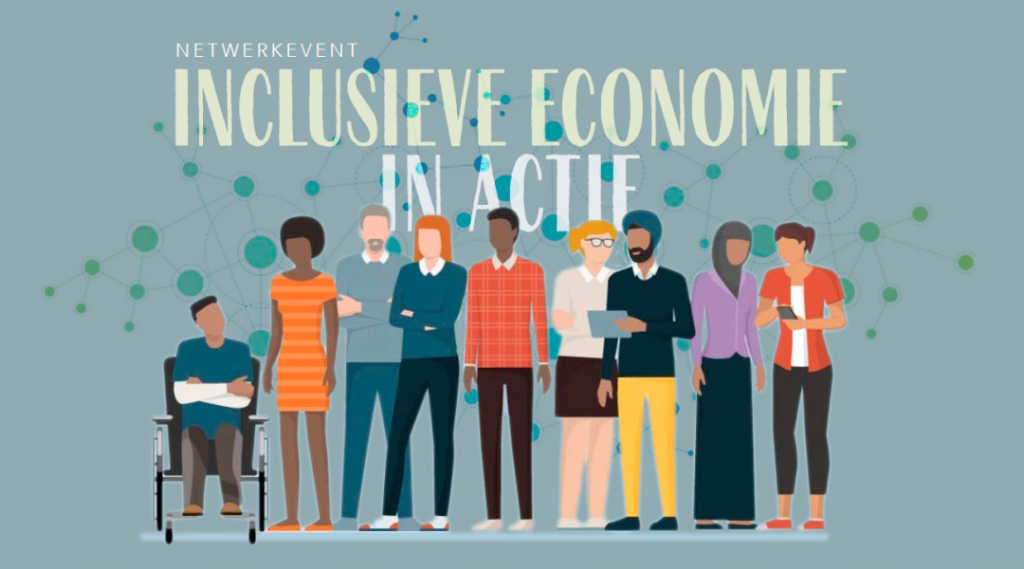By Akanimo Sampson
More than 100 policy-makers, civil society, trade unions, business associations, and knowledge and research institutes from 34 countries, together with United Nations practitioners converged in Italy in search of environmentally viable and socially inclusive economies.
It was rhe third edition of the Global Academy on the Green Economy which took place in Turin, Italy last October 14-18 2019.
The Global Academy on the Green Economy is organised every two years by the Partnership for Action on Green Economy (PAGE). PAGE which was launched in 2013 as a response to the call at Rio+20 to support those countries wishing to embark on greener and more inclusive growth trajectories, seeks to put sustainability at the heart of economic policies and practices.
The goal is to advance the 2030 Agenda for Sustainable Development and supports nations and regions in reframing economic policies and practices around sustainability to foster economic growth, create income and jobs, reduce poverty and inequality, and strengthen the ecological foundations of their economies.
This year’s edition featured training and knowledge sharing sessions aimed at providing in-depth overview and understanding of the latest global Green Economy agendas.
The event provided practical tools and opened the space to showcase good practices that countries are adopting in their efforts to transition to environmentally viable and socially inclusive economies.
Beyond its specific learning objectives, the 2019 Academy contributed to enhance institutional capacities for transformative change towards greener economies and to create a community of champions that can lead action and spread the message across their networks.
Participants strengthened their knowledge and the discussions fostered exchange of practices; increasing, as well, their capacity to formulate and implement green economy policies and strategies at national level and in key economic sectors, keeping up with new market trends, government policies and social aspirations.
The event kicked off with a High-Level Policy Dialogue that attracted senior government delegates, business and civil society leaders, UN directors and development cooperation agencies.
The different sessions of the Academy touched on a wide array of relevant thematic areas, including: Tools and Approaches for Green Economy Policymaking, Green Industrialization, Fiscal Policies, Green Finance, Green jobs, Learning and Skills Needs in Green Economies, Social dialogue, Stakeholder Engagement for Inclusive Green Economy Actions at Country-Level, as well as the different trends in reframing curricula around sustainability.
The learning approach of the Academy was very interactive. It built on knowledge sharing, using comprehensive and peer-reviewed training materials that have been applied and tested at country level — and adopted a variety of innovative learning methodologies which promote South-South and Triangular Cooperation.
Supporting peer-to-peer learning initiatives among PAGE countries is a priority for PAGE. The partnership is committed to provide a platform to catalyse South-South and Triangular cooperation among partner countries, funding partners and non-PAGE countries. In this regard, the 2019 Academy on the Green Economy played a key role in facilitating knowledge exchange and in identifying good practices and innovative approaches to green economy.
A knowledge fair was organised as part of the Academy. In this space, PAGE country partners, PAGE agencies, development cooperation agencies, civil society organisations and academic institutions showcased their contributions to shaping inclusive green economies.
|
In the framework of the 2019 Global Green Economy Academy, PAGE National Coordinators and other staff closely involved in the implementation of the Partnership came together for a one-day workshop.
The event offered a space to share lessons and experiences, address common questions, revise PAGE processes, governance structure and tools, as well as, to establish contacts among each other to assess potential South-South and Triangular exchanges among PAGE countries.
The day was structured around five areas where participants were able to discuss different themes including how PAGE is greening economies to enable countries to achieve SDGs and climate targets; how graduating PAGE countries have put in place sustainability strategies; processes related to PAGE Programme Management, as well as, potential South-South and triangular Cooperation opportunities.
At a period where PAGE is entering its second phase and shaping the 2030 strategy, the 2019 Global Academy on the Green Economy was very timely, providing policy makers and practitioners with a platform to share, learn and ultimately, to be better equipped to analyse the opportunities and challenges for the promotion of a socially inclusive green economies.

